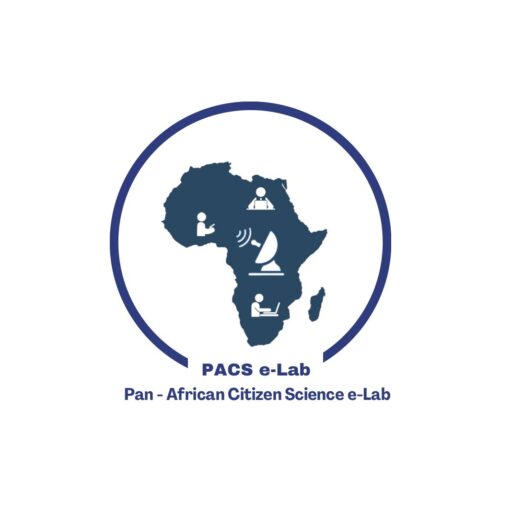Our Research Telescopes
Astronomical research requires advanced telescopes, which are often prohibitively expensive and may not be a priority for African state governments to procure for academic institutions.
At PACS e-Lab, our science engagements with the African public include active participation from those in academic institutions. To support our astronomical research endeavors, we submitted telescope time proposals to educational and outreach entities such as the Las Cumbres Observatory, Slooh, and MicroObservatory. These organizations empower groups like ours to operate their robotic telescopes for educational and research purposes. Strategically located at some of the best astronomical sites worldwide, these telescopes offer optimal viewing conditions for various celestial observations.
With internet connectivity, we can access and control these telescopes remotely from various locations across Africa using smartphones or computers, making astronomical research both accessible and convenient. Through these telescopes, our citizen astronomers engage in real-time data collection and conduct meaningful research projects, including monitoring variable stars, observing double stars, and contributing to exoplanet studies.
This approach not only provides an authentic experience in astronomical observation but also empowers African citizen scientists to contribute valuable data to the global astronomy community. Full details about these telescopes are provided below.
Las Cumbres Observatory
Las Cumbres Observatory (LCO) is a global network of robotic telescopes designed for research, education, and outreach in astronomy. Its network includes telescopes of various sizes situated at different locations around the world, enabling continuous observations across time zones and hemispheres. This configuration is especially advantageous for time-sensitive and long-duration observations, as it allows LCO to provide nearly uninterrupted coverage of celestial events.
As part of the LCO Global Sky Partners program, PACS e-Lab gains access to LCO’s 0.4-meter telescopes. These telescopes serve as PACS e-Lab’s primary source of observational data, which we utilize in studying double stars, observing exoplanets, and developing astrophotography visualizations.
MicroObservatory
The MicroObservatory is a network of automated, ground-based telescopes created by the Center for Astrophysics | Harvard & Smithsonian. It is designed to enable students, educators, and citizen scientists to conduct hands-on astronomy investigations by remotely controlling telescopes via the internet. The system allows users to capture images of various celestial objects, including the Moon, planets, stars, galaxies, and nebulae, making it an accessible tool for observing phenomena in the night sky.
PACS e-Lab leverages the MicroObservatory to engage in exoplanet observation, allowing our participants to detect and analyze transits of exoplanets across their host stars. This capability is particularly valuable in citizen science, as it enables users across different locations to access a reliable, remote telescope and participate in meaningful astrophysical research.
Slooh Telescopes
The Slooh Telescope Network is an online platform offering access to a network of professional-grade telescopes located at key astronomical sites worldwide. With observatories in locations such as the Canary Islands and Chile, Slooh provides users with high-quality views of both Northern and Southern Hemisphere skies. It’s designed for educational applications, allowing users to observe, capture images, and study a variety of celestial objects, including planets, stars, nebulae, galaxies, and more.
PACS e-Lab utilizes Slooh’s telescopes to support its mission in astronomical education. Through Slooh, PACS e-Lab participants can remotely observe diverse celestial objects, enabling real-time exploration and data collection. This access enriches PACS e-Lab’s outreach programs and educational initiatives, fostering a hands-on approach to learning about astronomy.
Other Data Sources
We also utilize astronomical data from the James Webb Space Telescope and the Hubble Space Telescope, primarily for astrophotography purposes. The images below were processed at PACS e-Lab using raw data obtained from these remarkable space telescopes.
